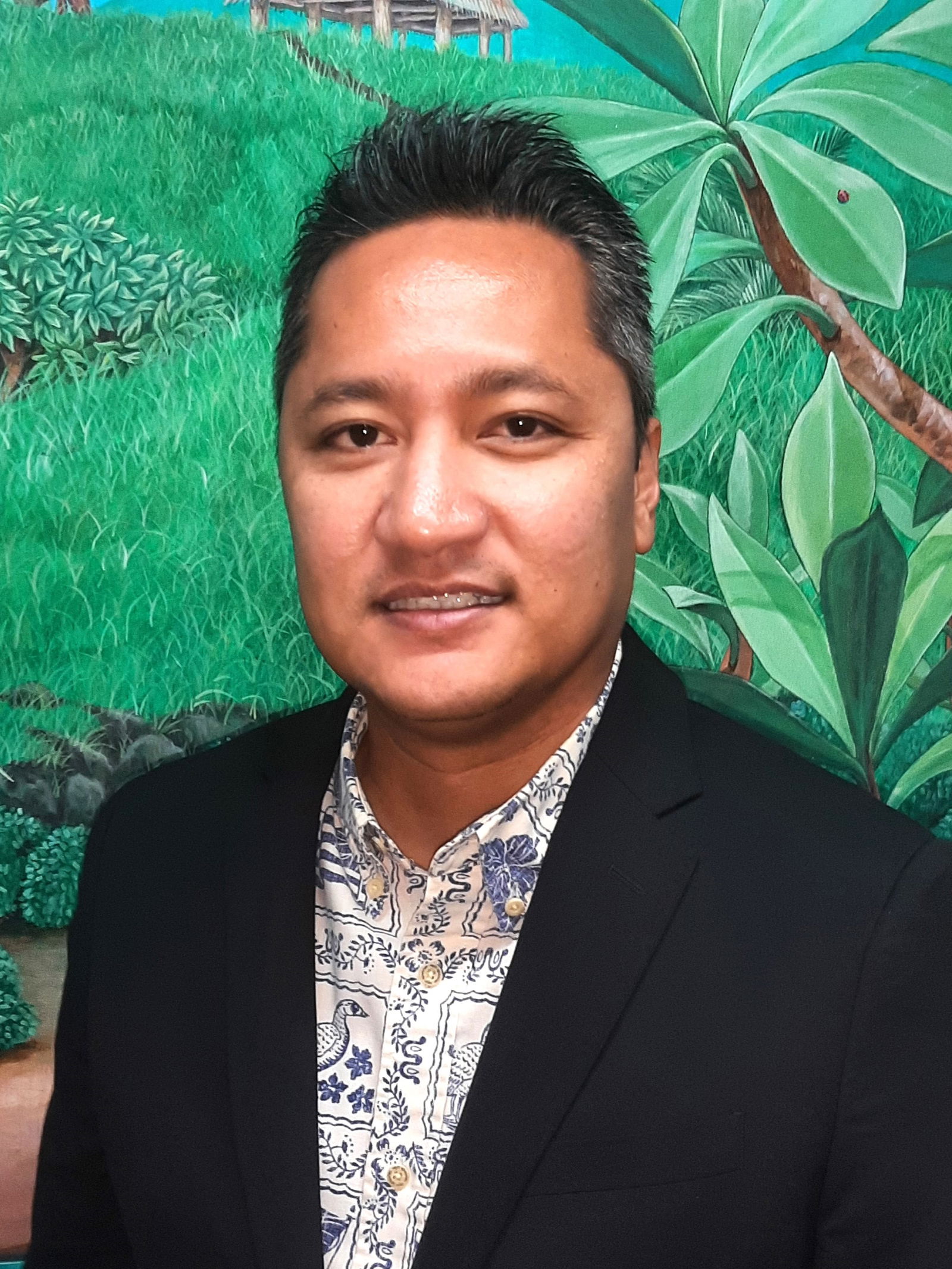IN all my personal and business travels around the world, safety has always been a paramount concern of mine. Thankfully I’ve never been a victim of serious crime in my travels. For most visitors, safety and security are top-of-mind when choosing their next destination.
For the purposes of today’s discussion in this space, let’s set aside considerations of personal health security, which during the coronavirus pandemic shut down travel worldwide. This leaves low-level public disorder, political unrest and terrorism, which all pose a threat both to the tourist industry and to the wider economy. For the Marianas, we are largely and thankfully spared from these threats, as well. But what we do face is direct crime against visitors, which is — at its base — a threat to the public safety of us all.
To help protect visitors and their property, MVA produces multi-language safety tip videos which are shared with tourists on the Visitors Channel on local cable TV and via other platforms. We agree there is still work to be done to help prevent crimes against our visitors. At the same time, we must acknowledge steps being made in the right direction. In June I met with Department of Public Safety Commissioner Clement Bermudes — then also only a few months in his post — to discuss the need for greater protection of our visitors in main tourist district of Garapan and at our more popular tourist sites. To his commendation, Commissioner Bermudes responded favorably and promptly to these concerns. In August, DPS re-established a permanent presence in Garapan with the reopening of its police sub-station and its bike patrol, putting officers back in personal touch with residents, businesses, visitors, and others in the area.
In addition, DPS has expanded its periodic patrols to our major tourist sites of Marpi. For several years, MVA had contracted private security services for Banzai Cliff, Grotto, Last Command Post, Bird Island Lookout, Suicide Cliff, Laulau Beach dive site, and Obyan Beach dive site, largely due to the rash of car break-ins at these sites. Unfortunately, based on legal advice that MVA does not have jurisdiction to execute contracts for those lands, MVA was forced to end its security services a few years ago. The pro-active patrols by DPS are much appreciated and helpful. However, the best deterrent is still for a public department or agency with jurisdiction to provide a physical person at each of these sites throughout the whole day. This person could also serve as an information resource, report maintenance problems, and assist with keeping the site and bathrooms tidy. We know this was a successful model under MVA’s previous contracts.
H.B. 23-63, the “Digital Closed Circuit Television Camera Act of 2023,” proposes for all businesses to install CCTV cameras at all entries. As stated in our comments on the bill, MVA commends the House of Representatives for taking up the important concern of public safety. However, from the perspective of crimes against visitors and in consideration of return-on- investment, the greatest need for CCTV is at our tourist sites. This is where a majority of crimes are committed against our visitors. Strategic locations along major roadways would also be an effective place to place cameras. It is our understanding that a donation of CCTC cameras was made earlier this year to the government by a local internet service provider; the immediate installation of these cameras would be a cost-efficient way to quickly move forward with enhancing public safety.
Relative to many other travel destinations, many would consider the Marianas to be generally “safe.” But I think most of us are not satisfied with “generally safe.” Just like visitors, we want to be safe wherever we go in our community, and we want our property to be safe, too. There has been some discussion in the past of increasing the penalty of crimes committed in tourist sites. To provide a true deterrent against visitors, I propose this should be expanded to increasing penalties for crimes committed against tourists anywhere in the Marianas.
None of us want to be a victim, and most of us do not want our guests to become victims, either. Across the public and private sector, there is more we can do collectively in “Making Tourism Our Business” by protecting our visitors from crime.

Christopher A. Concepcion











